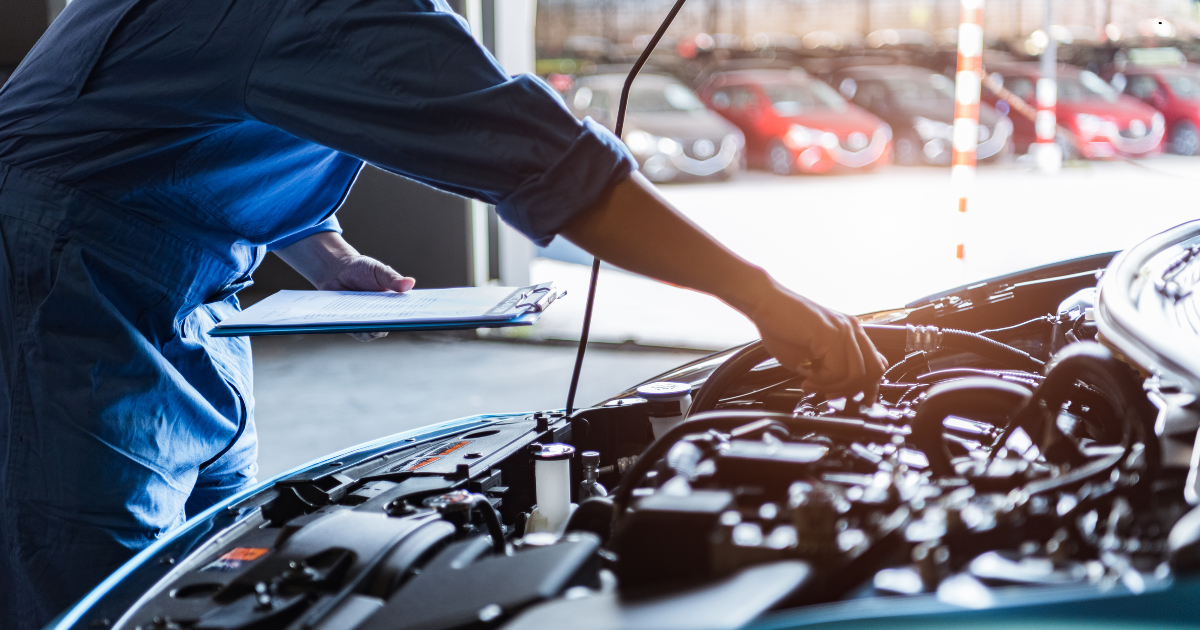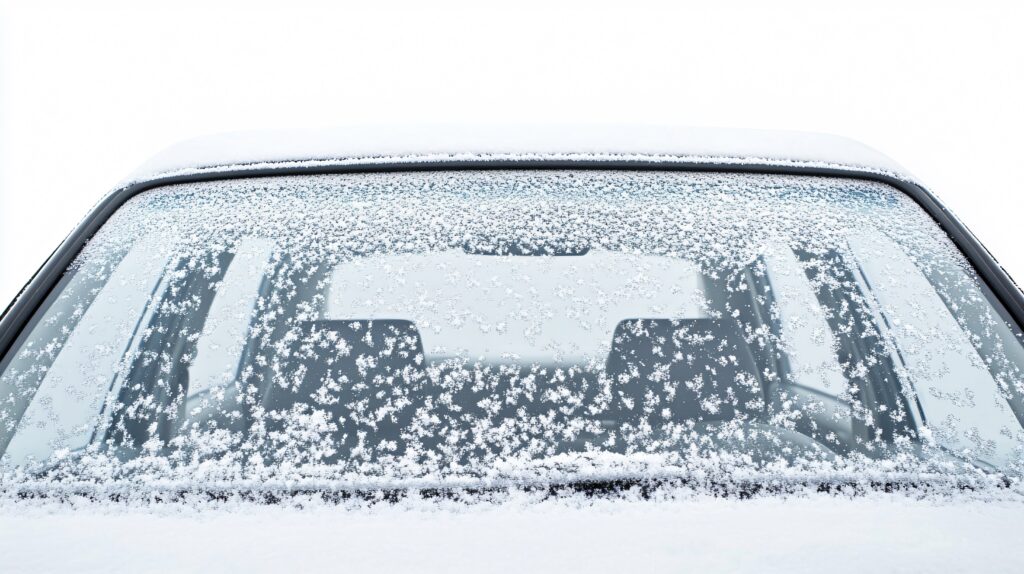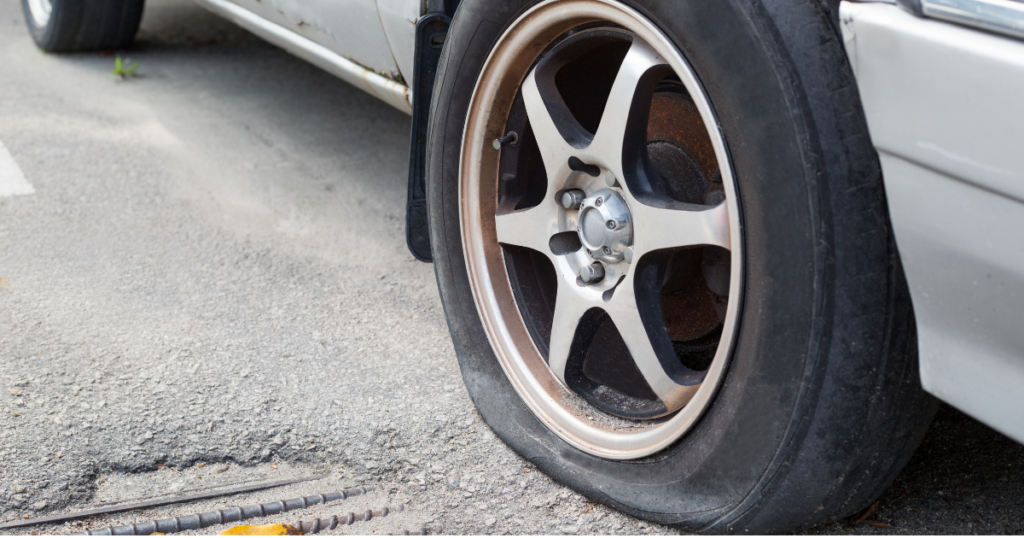Maintaining your car is crucial to ensure its longevity, safety, and performance. A comprehensive car maintenance routine involves regular checks and replacements of various components, which can prevent costly repairs and keep your vehicle running smoothly. Here’s a detailed guide from automotive glass experts on what maintenance your car needs.
Monthly Maintenance
- Inspect Tires: Regularly check tire pressure and tread depth. Properly inflated tires improve fuel efficiency and handling. Use a tire pressure gauge and ensure the tread depth meets safety standards.
- Check Fluids: Monitor engine oil, coolant, brake fluid, and windshield washer fluid levels. Low or dirty fluids can lead to engine damage and reduced performance.
- Inspect Lights: Ensure all lights, including headlights, brake lights, and turn signals, are functioning correctly. Replace any burnt-out bulbs promptly to maintain visibility and safety.
- Examine Windshield Wipers: Check the condition of your wiper blades and replace them if they show signs of wear. Effective wipers are essential for clear visibility during adverse weather conditions.
Every 3 Months or 3,000 Miles
- Oil Change: Regular oil changes are vital for engine health. Change the oil and oil filter every 3,000 miles or as recommended by your vehicle manufacturer. This keeps the engine lubricated and running smoothly.
- Inspect Belts and Hoses: Look for signs of wear, such as cracks or fraying. Replace any damaged belts or hoses to prevent breakdowns and ensure efficient operation of engine components.
- Battery Check: Test your car battery and clean the terminals. Check for corrosion and ensure the battery is securely mounted. A well-maintained battery ensures reliable starts, especially in extreme temperatures.
Every 6 Months or 6,000 Miles
- Rotate Tires: Rotate your tires to ensure even wear and extend their lifespan. This helps maintain traction and improves fuel efficiency. It’s also a good time to balance your tires to avoid vibrations.
- Check Alignment: Misaligned wheels can cause uneven tire wear and affect handling. Have your alignment checked and adjusted if necessary to ensure safe and smooth driving.
- Brake Inspection: Examine brake pads and rotors for wear. Listen for any unusual noises when braking, which could indicate the need for replacement. Maintaining your brakes is critical for safety.
Annually or Every 12,000 Miles
- Replace Air Filters: Change the engine air filter and cabin air filter. A clean engine air filter improves performance and fuel efficiency, while a fresh cabin air filter ensures clean air inside the vehicle.
- Inspect Suspension System: Check shock absorbers and struts for leaks or damage. A well-maintained suspension system provides a smoother ride and better handling.
- Replace Spark Plugs: Spark plugs should be inspected and replaced according to the manufacturer’s recommendations. Worn spark plugs can affect engine performance and fuel economy.
Seasonal Maintenance
- Winter Preparation: Before winter, check antifreeze levels and consider switching to winter tires. Winter tires offer better traction in snow and ice. Also, ensure your windshield washer fluid is suitable for freezing temperatures.
- Summer Preparation: In warmer months, inspect your cooling system and ensure your air conditioning is working effectively. Replace worn wiper blades to handle summer rain showers.
General Tips
Always refer to your vehicle’s owner’s manual for specific maintenance schedules and recommendations, as it provides detailed guidance tailored to your car model. Maintaining a log of all maintenance activities is also essential. This practice helps track what has been done and ensures you don’t miss any crucial tasks.
While many maintenance tasks, such as oil changes, filter replacements, and battery checks, can be done yourself, some require professional expertise. Complex repairs and diagnostics should be handled by certified mechanics to ensure the job is done correctly.
By following this comprehensive maintenance schedule, you can keep your car in optimal condition, enhancing its performance and extending its lifespan. Regular maintenance not only saves you money in the long run but also ensures your safety on the road.
Back to top: What Maintenance Does Your Car Need?




